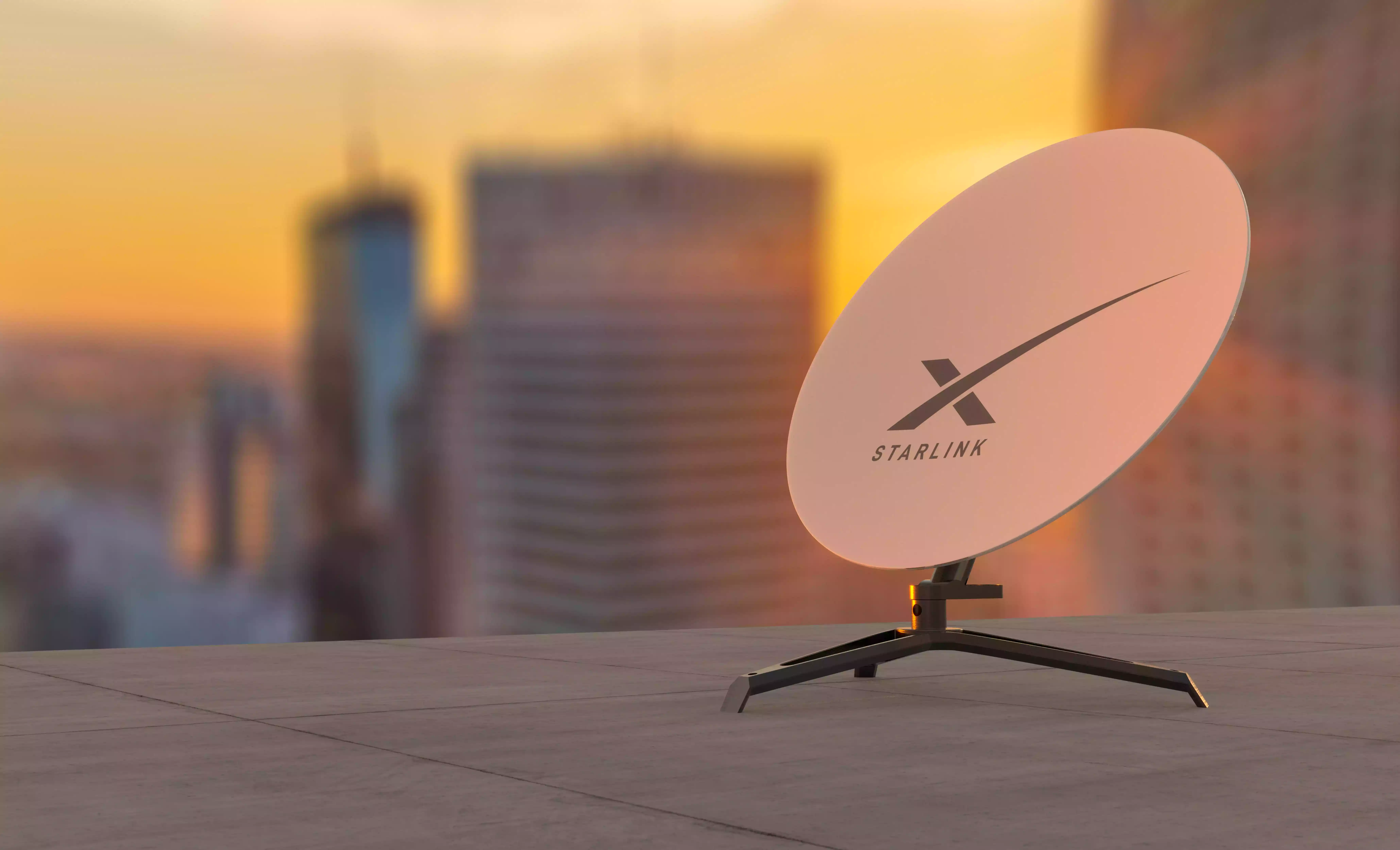
One of the reasons former Zimbabwe Broadcasting Corporation (ZBC) chief executive officer Adelaide Chikurungu was pushed out was because she allegedly acquired a Starlink internet kit for the state broadcaster despite the government position that it is illegal, it has been revealed.
Starlink is a satellite internet service operated by American aerospace company Spacex, which is owned by Elon Musk.
Zimbabwe has not licenced Starlink and last month a Chinese firm was charged for using the service illegally.
Images of a ZBC outside broadcast van with a Starlink kit on top surfaced on the internet and there were attempts to deny that the state controlled broadcaster was using the service, but this publication can now reveal that one of the reasons Chikurungu was being dragged into a disciplinary hearing related to the kit.
She resigned a few days after she was suspended in a humiliating manner as ZBC immediately took away her service car and cell phones.
Chikurungu was also ordered not to set foot at ZBC premises and to stop using her work email in order for investigations against her to run smoothly.
To avoid a disciplinary hearing, the former ZBC boss threw in the towel on Friday.
One of the charges she was facing was that she presided over the purchase of the Starlink internet device from former Information minister Monica Mutsvangwa’s son Neville.
- Moyo speaks on discovering Mai Sorobhi’s talent
- 1989 hit song evokes Gukurahundi debate
- In the groove: Did hicc concert mark end of sungura?
- Chihota elected contractors youth chairperson
Keep Reading
Previously, ZBC used Live View, and Aviworth internet services for live streaming in rural areas where connectivity from local mobile network operators was non-existent.
ZBC failed to honour its contractual obligations with LiveView and Aviwest Streamhub, which saw the broadcaster being cut off and the executives are said to have latched onto Starlink as a stop gap measure.
The ZBC board felt Chikunguru exposed the national broadcaster to a serious security threat by engaging a company whose data policies local authorities were not very familiar with.
“The board feels the purchase of a Starlink kit, which is not registered in Zimbabwe was a violation of the law and posed a very serious national security threat,” said a senior ZBC manager on condition of anonymity.
“Since it’s not registered in the country, it also posed a serious reputational risk to ZBC.”
Chikunguru is also accused of forcing ZBC to pay US$150 000 annually to Azam TV, a satellite TV provider launched in the country by Monica Mutsvangwa in January 2022.
Without committing any resources to production, ZBC paid US$150 000 annually to Azam to carry an entertainment channel Jive TV.
Chikunguru is said to have presided over the deal, which was given the green light by Mutsvangwa.
ZBC did not fund a single production for the channel despite the huge monies that were being paid to Azam.
She is also accused of failing to prepare for the coverage of last year’s elections where the broadcaster did not have radio presenters and news and current affairs reporters operating without vehicles for journalists.
Chikunguru was also being investigated for “purchasing” controversial awards using ZBC money.
ZBC forked out US$5 939.98 for several awards from Perfection Media, MegaFest Holdings, Zimbabwe Corporate Trust, Marketers Association of Zimbabwe, the CSR Network Zimbabwe and The Environmental Management Agency (EMA) Responsible Business & Environmental Stewardship Awards from November 2021 to end of 2023, information obtained by The Standard shows.
The national broadcaster was forced to buy pricy tables at the award ceremonies where Chikunguru’s was feted.
Sources said Chikunguru was accused of causing the payment of US$15 000 to a company, African Leadership (UK) Limited that is registered in England and the Wales under the guise that it was for advertising ZBC in the magazine owned by the company.
The firm curiously gave an African Female Leadership Award to Chikunguru.
She is also being investigated for various financial and corporate malpractices that included travelling outside the country without board approval and claiming amounts that were beyond those stippled in ZBC policies for accommodation, airtime and taxi fares.
A fortnight ago, this publication exposed serious clashes between Chikunguru’s management and ZBC workers over poor working conditions.
In a letter to the ZBC board, the workers accused Chikunguru of making decisions that made their conditions of service unbearable.
The workers accused Chikunguru, human resource director Julius Toringepi, and corporate secretary Patricia Muchengwa of undermining the ZBC board.
The workers accused the trio of deliberately delaying processes to have workers’ salaries increased as a way of sabotaging Helliate Rushwaya’s new board.
In a letter to Information minister Jenfan Muswere dated November 14, 2023, the workers also complained about travel and subsistence allowances, which they said were below what was set in ZBC policies.
“Whilst all this has been happening, reports have it that ZBC executives have been submitting budgets to the Office of the President and Cabinet indicating that they are paying employees around US$135 for every day spent out when in essence they have been paying an equivalent of US$25 at interbank,” the letter to Muswere reads.
“This has left employees frustrated and thus contemplating to take a rest from outside broadcast coverages till the issue has been resolved.”
Rushwaya could not be reached for comment yesterday.











